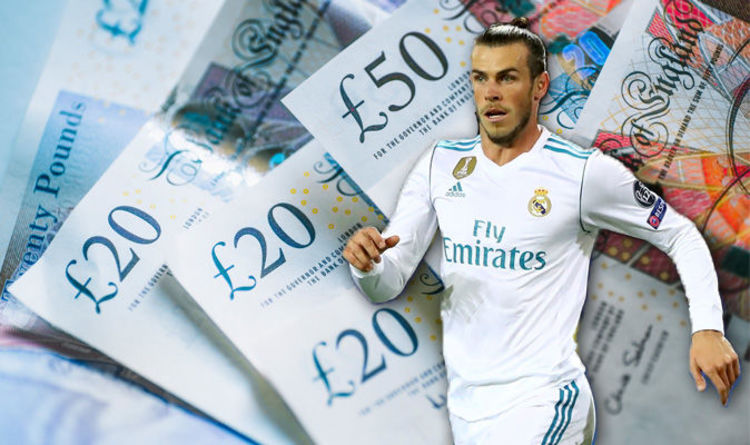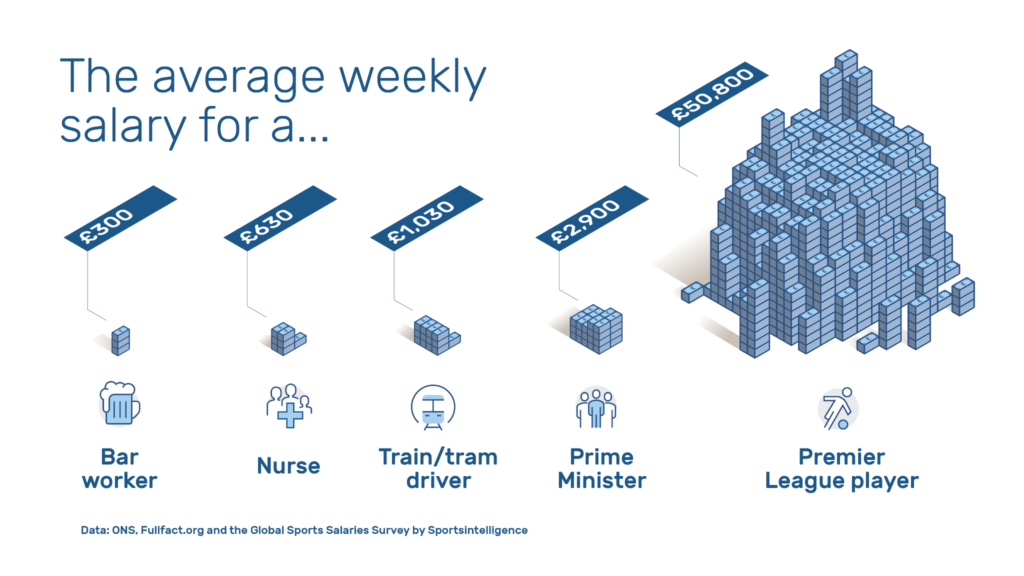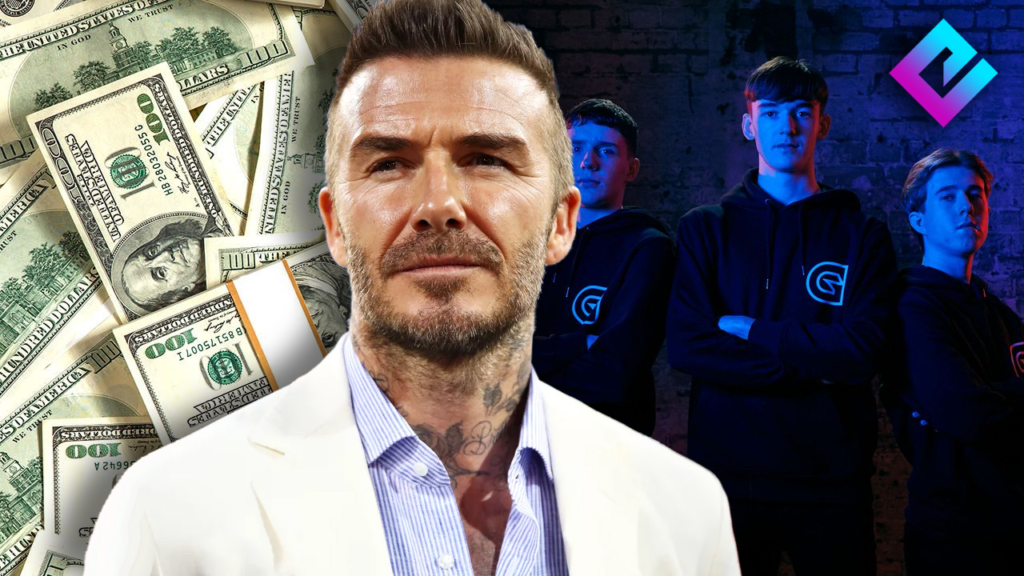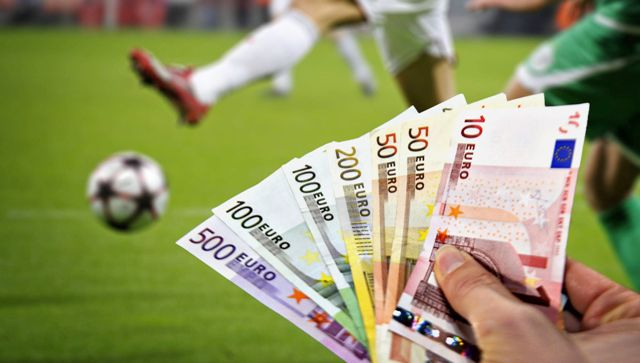While we live in a society where the average football supporter often chokes on their crumpets when they hear about the six-figure wages that the top Premier League players are now receiving, it is notable that the weekly pay is always stated. These are statements you’ve almost definitely heard before, such as “He makes more in a week than I do in a year!” or “He earns 200 thousand a week!” While the figures may be off the mark in reality, what about the “weekly” aspect?
How do Premier League players get Paid? Footballers are unlikely to be compensated every week and in fact, they are most likely to be paid once a month, just like the rest of us do.
Why then do all the sports channels and the print publications then refer to players as being paid weekly? We take a closer look at how Premier League Players get paid.
Why are football players reported to get paid weekly?
This is probably because, in the print and electronic media space, writing about a person earning £200,000 every seven days may seem more eye-opening than writing about someone earning £10.4 million every 365 days (even if that is still an astronomical amount to a pocket in a year). Sensationalism sells and both the electronic and print media will continue to report weekly wages to maximise the salaries of the top players in the Premier League.
The majority of the time, though, players will be paid regardless of whether or not they have played in the senior squad in a league, cup, or European match. However, depending on their contract, they will not receive any bonuses for victories, goals, or other achievements if they are not present on the field of play.

In today’s financial climate, when players can earn hundreds of thousands of pounds per week for the simple act of kicking a ball around a pitch, it may be tempting to believe that being a footballer is a straightforward path to financial independence. However, the amount of money paid to footballers at Premier League clubs may vary dramatically depending on which teams they play for and how important they are to the squad.

Another consideration for footballers is that they have a very limited shelf life as players, which must be taken into consideration. Most players will consider retiring by the age of 35, and not all players will want to or are capable of transitioning into coaching or managerial roles after that. In a similar vein, punditry is not for everyone, with some players being more comfortable in front of an audience than others.
Of course, none of this excuses exorbitant salaries, but it does explain why athletes do everything in their power to make as much money as they possibly can while they can. The possibility that a fluke injury to a 25-year-old at the peak of their career would prevent them from ever playing again means that they will be constantly thinking about the future. Their pay does not just reflect the fact that they are required to play ninety minutes every few days. Training time, travel to various areas of the nation, if not the globe, and media obligations imposed by the club are all covered under the contract.
Returning to the question of how they make their living, sponsorship is a significant factor, particularly for the most sought-after players. The simple act of consenting to wear football boots manufactured by a certain business may result in a large sum of money, such as the million dollars per year that Nike agreed to pay the Brazilian star Neymar in exchange for doing exactly that. Even that was little in contrast to the $11 million that Adidas agreed to reimburse David Beckham while he was still actively playing football.

If a player wants to gain sponsorship for a particular aspect of their life, there is almost nothing they cannot do. A player’s profile can be deemed good enough to encourage supporters to follow in their footsteps if a company believes that the player’s profile is good enough to encourage supporters to follow in their footsteps. This can include anything from driving a specific brand of car to being seen drinking a specific sports drink. It’s fair to assume that the largest sports corporations in the world, such as Nike, Puma, and Adidas, will compete to sign the biggest stars in the game to their rosters to increase sales, so it’s fair to say that it’s a serious business.
One of the last avenues via which a footballer may make a living after hanging up their boots is through the profession of punditry. As long as there is a desire to watch, read, and speak about football, it is not surprising that more and more businesses are being established to broadcast live football or provide commentary on it. The more television agreements are made to enable major sporting events such as the Premier League to be broadcast in even the most remote parts of the globe, the greater the need for educated individuals to speak about them.

Sky Sports, BT Sport, BBC Radio 5 live, and TalkSport are just a few of the sports broadcasters available in the United Kingdom. If you go farther afield, you’ll come across networks such as the NBC Sports Network in the United States, beIN Sport in the Middle East, and ESPN in South and Central America. There are about one hundred broadcasters that cover Premier League football alone, all of whom need former players who are ready to speak candidly about the game to maintain their ratings. It is not for everyone, but for those who are capable of doing so, it is a respectable means of earning an income once the player has hung up his boots.
The Premier League is the most-watched Football League in the world. As long as you and I continue to watch the matches beamed live across the globe, the more money the broadcasters of these matches will collect in revenue. This will allow them to pay the Premier League millions of Pounds for the privilege of bringing these matches into our living rooms. This money will in turn be paid to the Premier Leagues’ elite, who will, in turn, continue to pay their star players millions of Pounds in salaries to ensure that they continue to play for their current club.
